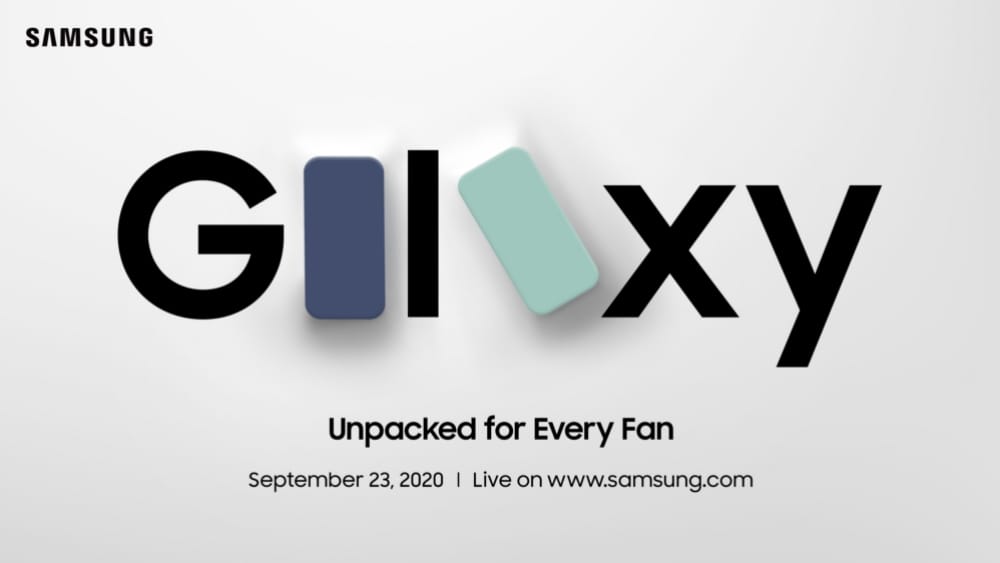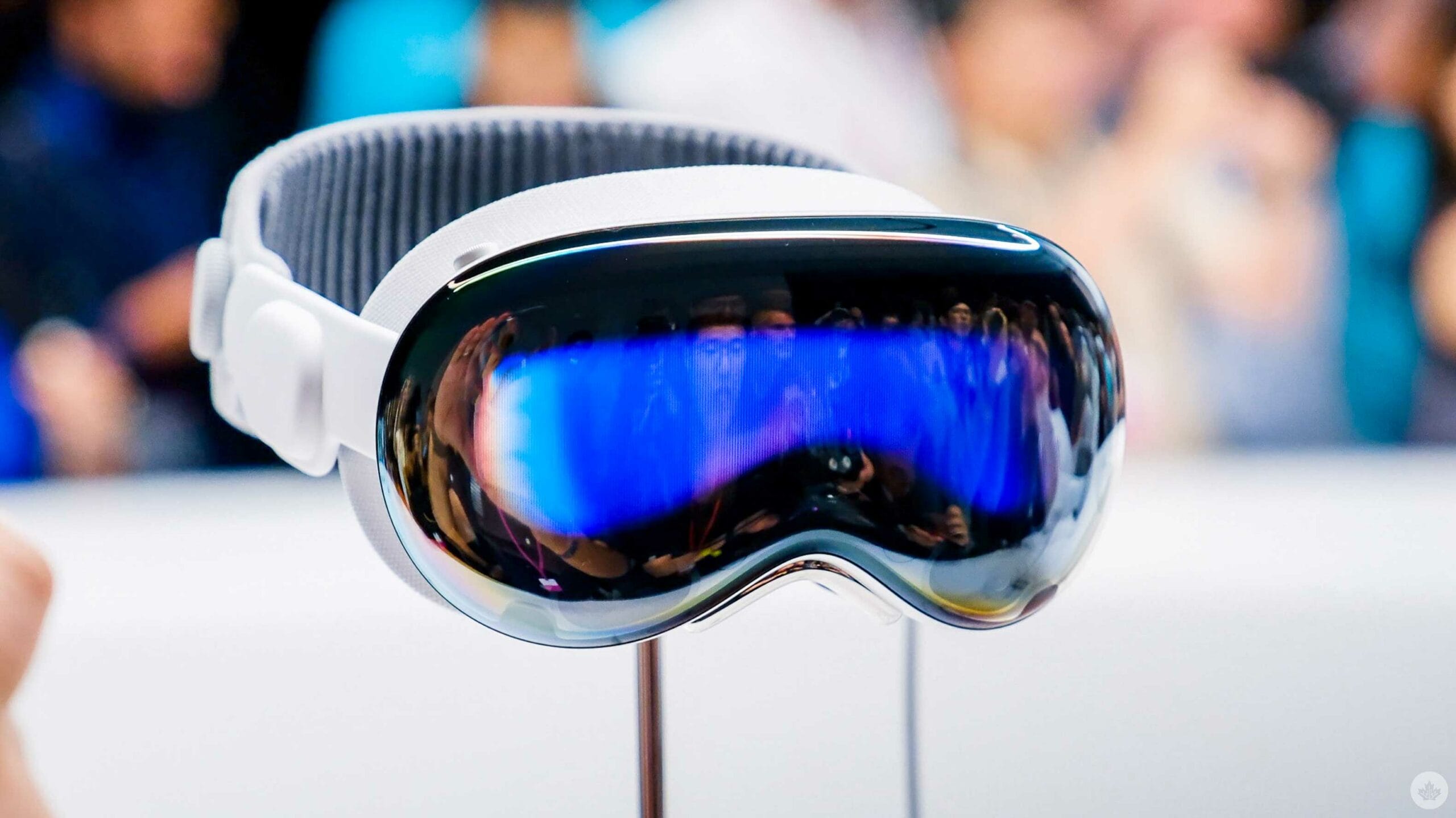In a significant development in the realm of smart home technology, LG and Samsung have joined forces with Microsoft to integrate the Copilot AI assistant into their latest television models. This collaboration is poised to redefine how users interact with their televisions, making it easier than ever to access content, control smart home devices, and receive personalized recommendations.
The integration of Microsoft’s Copilot into LG and Samsung TVs is part of a broader trend in the consumer electronics industry, where artificial intelligence is increasingly becoming a central feature of smart devices. With the rise of smart home ecosystems, consumers are looking for seamless integration across their devices, and the addition of AI assistants is a natural progression in this evolution. By incorporating Copilot, both companies aim to enhance the functionality of their televisions, making them not just a source of entertainment, but also a central hub for managing various aspects of home life.
Copilot is designed to understand natural language, allowing users to interact with their TVs in a more intuitive manner. For example, viewers can ask the AI assistant to find specific shows or movies, adjust settings, or even control other smart devices within their home. This hands-free operation is expected to appeal to a wide range of consumers, from families looking for convenience to tech-savvy individuals seeking advanced features.
Another key benefit of integrating Copilot into LG and Samsung TVs is the potential for personalized content recommendations. The AI assistant can analyze viewing habits and preferences, suggesting shows and movies that align with individual tastes. This feature not only enhances the user experience but also encourages viewers to explore new content they might not have discovered otherwise. As streaming services continue to proliferate, having a tool that curates content based on personal preferences can significantly improve the viewing experience.
Furthermore, the collaboration between LG, Samsung, and Microsoft underscores the importance of partnerships in the technology sector. By combining their expertise, these companies are able to offer a more comprehensive and sophisticated product. LG and Samsung are already leaders in the television market, known for their cutting-edge technology and innovation. By integrating Microsoft’s AI capabilities, they are further solidifying their positions as pioneers in the smart TV space.
The introduction of Copilot is also expected to drive competition in the smart TV market. As more manufacturers look to incorporate AI assistants into their products, consumers will benefit from a wider range of options and features. This competition can lead to improvements in technology and user experience across the board, as companies strive to differentiate themselves in a crowded marketplace.
In addition to enhancing user interaction and content discovery, the integration of Copilot into smart TVs aligns with the growing trend of voice-activated technology in everyday life. As consumers become more accustomed to using voice commands with their smartphones and smart speakers, it is natural for this technology to extend to televisions. This shift reflects a broader movement towards hands-free technology, which is often seen as more convenient and accessible.
As LG and Samsung roll out their new smart TV models featuring Copilot, consumers can expect a range of features designed to enhance their viewing experience. These may include voice-activated search functions, smart home integration, and personalized recommendations that adapt over time. The collaboration also suggests a commitment to continuous improvement, as both companies will likely seek to refine and expand the capabilities of the AI assistant based on user feedback and technological advancements.
In conclusion, the integration of Microsoft’s Copilot AI assistant into LG and Samsung televisions represents a significant advancement in smart home technology. This partnership not only enhances user experience through intuitive interaction and personalized content recommendations but also highlights the growing importance of AI in consumer electronics. As the market continues to evolve, the collaboration between these industry leaders may set a new standard for smart TVs, paving the way for further innovations in the years to come.


